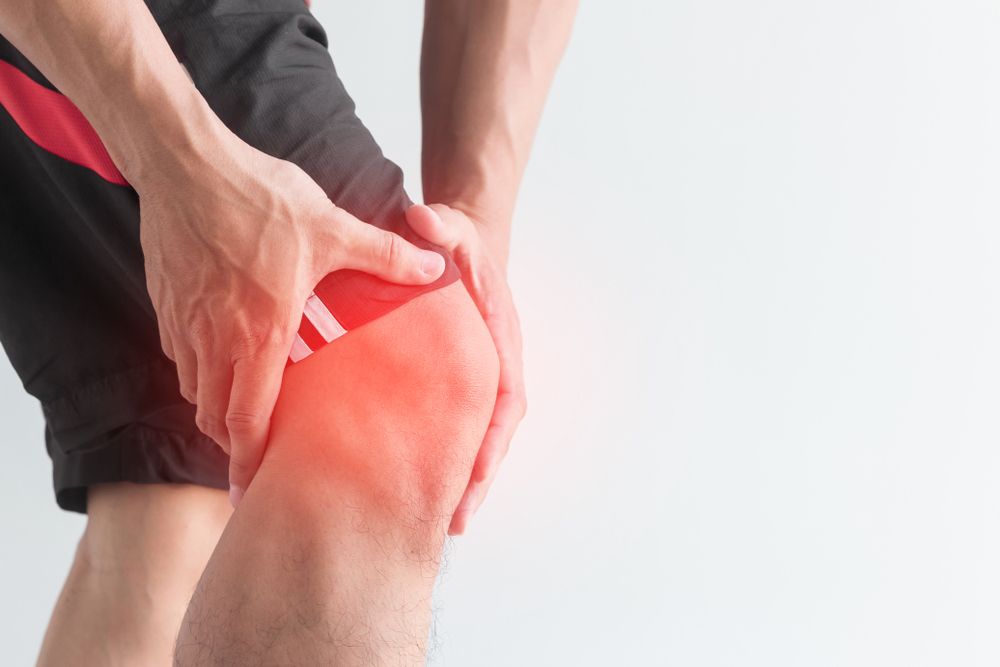[vc_row][vc_column][vc_column_text]
Top Tips for Managing Achilles Tendinopathy
- Gradual Increase in Activity
- Gradually increase the intensity and duration of your training to avoid overloading the tendon. Sudden increases in activity can lead to microtears in the tendon, exacerbating the condition.
- Incorporate rest days to allow your tendon to recover. Overworking the tendon without adequate rest can prevent healing and prolong recovery time.
- Proper Warm-Up and Cool-Down
- Ensure a thorough warm-up before any physical activity, focusing on dynamic stretches that increase blood flow and tendon flexibility.
- Incorporate a cool-down routine with static stretches to maintain flexibility and reduce muscle stiffness. Stretching the calf muscles can particularly benefit the Achilles tendon.
- Strengthening Exercises
- Perform eccentric strengthening exercises, such as heel drops, to improve tendon strength and resilience. Eccentric exercises have been shown to promote tendon healing and improve its mechanical properties.
- Consult your physiotherapist for a tailored exercise program that considers your specific condition and activity level. Consistency in these exercises is key to seeing improvements.
- Footwear and Orthotics
- Wear appropriate footwear that provides good support and cushioning. Proper shoes can help distribute pressure evenly across your feet and reduce strain on the Achilles tendon.
- Consider orthotics if you have foot mechanics issues, like flat feet, that may contribute to tendon strain.
- Regular Physiotherapy Sessions
- Schedule regular physiotherapy sessions for professional guidance and treatment. Physiotherapists can provide targeted treatments such as manual therapy and personalised exercise strengthening programs to ensure you get the best care tailored to you.
Common Mistakes to Avoid
- Ignoring Early Signs
- Do not ignore early symptoms like mild pain or stiffness; early intervention is key. Addressing symptoms early can prevent them from becoming severe and chronic.
- Seek physiotherapy assessment promptly to prevent the condition from worsening. Early diagnosis and treatment can significantly improve recovery outcomes.
- Overtraining
- Avoid sudden increases in training intensity or volume, as this can overload the tendon. Progress gradually and listen to your body to avoid pushing the tendon beyond its limits.
- Ensure you follow a well-balanced training plan with adequate rest.
- Neglecting Strength and Flexibility
- Do not neglect strength and flexibility training; both are essential for tendon health. Strengthening the muscles around the tendon can provide better support and reduce strain.
- Incorporate specific exercises into your routine consistently. Flexibility exercises can help maintain the tendon’s elasticity and reduce the risk of reinjury.
- Using Improper Footwear
- Avoid wearing worn-out or inappropriate shoes during training. Shoes with inadequate support can increase the risk of tendon injuries.
- Invest in good quality footwear suited to your activity and foot type. Proper shoes can help absorb shock and reduce the impact on your Achilles tendon.
- Self-Treatment Without Professional Advice
- Avoid self-treating with internet remedies or advice without consulting a physiotherapist. Misguided treatments can worsen the condition or delay proper recovery.
- Professional assessment and a personalized treatment plan are crucial for effective recovery. Physiotherapists can provide evidence-based treatments and monitor your progress.
By following these tips and avoiding common mistakes, athletes can effectively manage Achilles tendinopathy and return to their sports stronger and healthier. Remember, early intervention and professional guidance are key to a successful recovery.
If you’re struggling with Achilles tendinopathy, book an appointment with one of our Physiotherapists at Mundaring and Hills Physiotherapy. With their extensive experience, you’ll receive expert care and a personalized treatment plan to get you back on track.[/vc_column_text][ultimate_spacer height=”50″ height_on_mob=”50″][vc_row_inner][vc_column_inner width=”1/2″][vc_single_image image=”5269″ img_size=”full” label=””][/vc_column_inner][vc_column_inner width=”1/2″][/vc_column_inner][/vc_row_inner][/vc_column][/vc_row]

